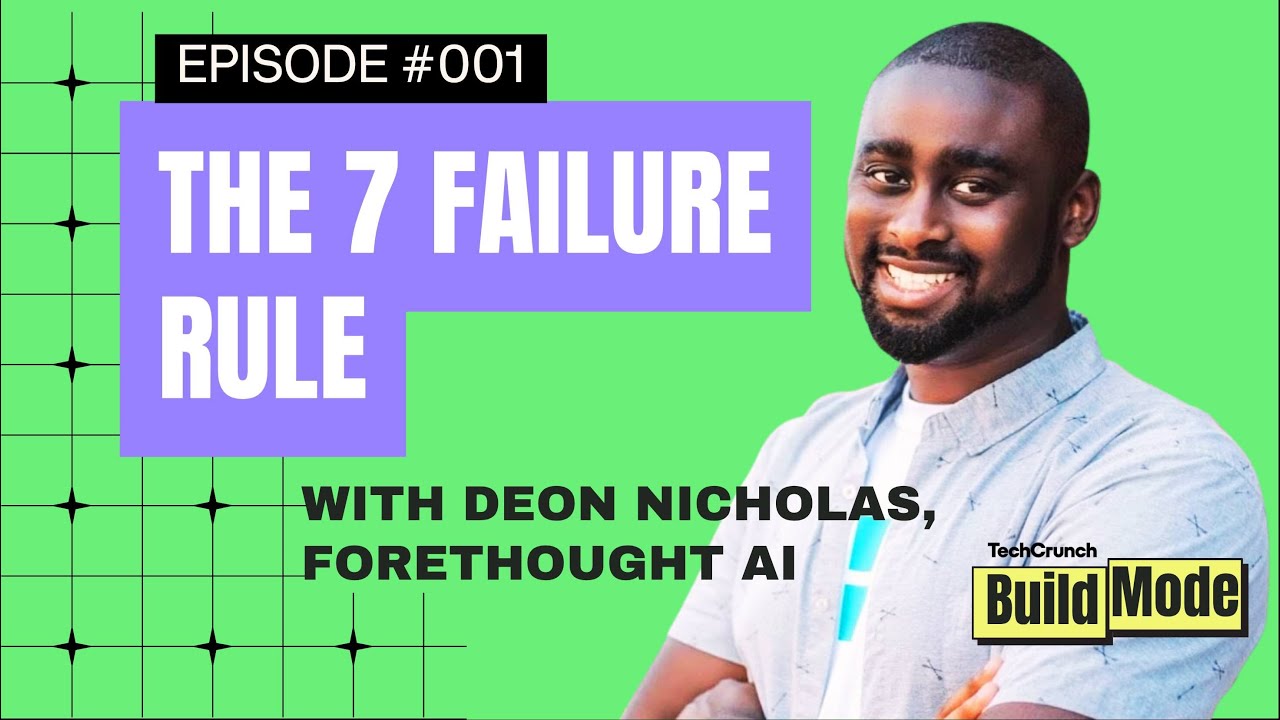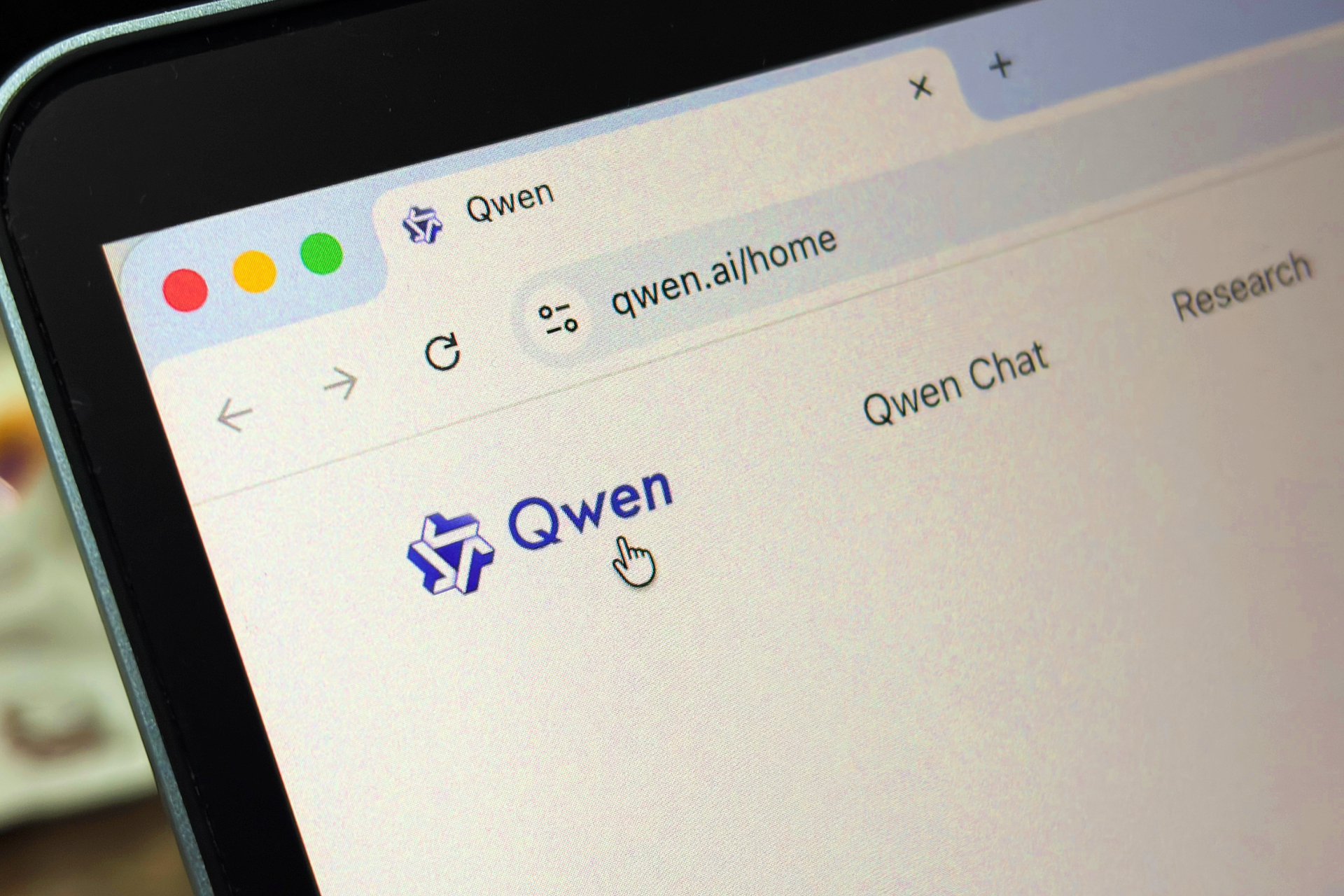
The journey from a nascent idea to a thriving enterprise in the competitive technology landscape is often depicted as a race for funding or a pursuit of revolutionary features. However, as revealed in the debut episode of TechCrunch’s Build Mode podcast, the foundational success of companies like Forethought AI hinges on a more fundamental principle: an unwavering dedication to solving real problems for real customers from the very first day. Deon Nicholas, co-founder of Forethought AI, shared insights into his company’s trajectory, emphasizing that genuine product-market fit is not an accidental discovery but the deliberate outcome of a customer-obsessed methodology.
Understanding Product-Market Fit in the Modern Age
Product-market fit, a term popularized by venture capitalist Marc Andreessen, refers to the state where a company has successfully identified a target customer segment, a compelling value proposition, and a product that satisfies the market’s needs. It signifies a strong demand for a product, evidenced by high user engagement, retention, and organic growth. For startups, achieving this elusive fit is paramount, often considered the most critical milestone before scaling. Without it, even the most innovative technology risks irrelevance. The Build Mode podcast, particularly its first season, "Product, Meet Market," aims to demystify this process, offering practical, unfiltered accounts of how startups translate initial concepts into products that resonate deeply with their intended users.
Forethought AI’s narrative offers a compelling case study, illustrating how conviction derived directly from customer interactions can outweigh the allure of speculative valuations or industry hype. Nicholas champions the idea that once a company delivers tangible, undeniable value to its users, the external recognition and financial momentum naturally follow. This perspective often stands in contrast to the high-stakes, rapid-growth narratives frequently associated with the tech startup world, where securing venture capital can sometimes overshadow the fundamental work of problem-solving.
Navigating the Early AI Wave (2018 Context)
When Forethought AI was establishing its foothold, roughly around 2018, the artificial intelligence landscape was a blend of immense promise and significant ambiguity. The preceding years had seen breakthroughs in deep learning and neural networks, moving AI from academic labs into practical applications. Terms like "machine learning," "natural language processing," and "computer vision" were gaining traction, and venture capitalists were pouring billions into AI startups. However, this period was also characterized by a degree of "AI washing," where many companies claimed AI capabilities without truly delivering substantive, transformative solutions.
The market was ripe for innovation, particularly in enterprise applications where AI could automate mundane tasks, enhance decision-making, and improve efficiency. Customer service, in particular, was identified as a sector with immense potential for AI disruption. Traditional customer support often suffered from long wait times, inconsistent answers, and high operational costs. AI-powered solutions promised to revolutionize this by automating responses, providing agents with instant information, and personalizing interactions. It was into this environment that Forethought AI, armed with a vision for intelligent customer support, began its ascent. The challenge for companies like Forethought was not just to build AI, but to build useful AI that demonstrably solved real, everyday business problems, cutting through the noise of nascent technological excitement.
The "7-Failure Rule": A Philosophy of Resilience and Iteration
A cornerstone of Nicholas’s philosophy is what he terms the "7-Failure Rule." This principle encourages founders to embrace iteration and expect multiple missteps before hitting on a truly successful formula. In a culture that often celebrates overnight successes and perfect launches, this rule offers a refreshing dose of realism. It acknowledges that innovation is inherently messy and that failure, when viewed as a learning opportunity, is an indispensable part of the development process.
This iterative approach is deeply rooted in lean startup methodologies, which advocate for building, measuring, and learning in rapid cycles. Instead of spending months or years perfecting a product in isolation, the "7-Failure Rule" suggests a continuous engagement with users, deploying minimum viable products (MVPs), gathering feedback, and quickly adapting. For Forethought AI, this meant a relentless cycle of experimentation with their AI models and user interfaces, each "failure" providing critical data points on what customers genuinely needed and how they preferred to interact with the technology. It’s a testament to resilience, emphasizing that the path to breakthrough solutions is often paved with numerous small adjustments and course corrections rather than a single, grand stroke of genius.
Obsession with the Ideal Customer Profile and Unspoken Needs
To truly operationalize the "7-Failure Rule," Forethought AI maintained a lean operational structure and an unwavering focus on its ideal customer profile (ICP). This involved meticulously defining who their target users were, understanding their specific operational challenges, and identifying the precise pain points their AI solution could alleviate. Nicholas noted a crucial insight: early users are often not explicit about what isn’t working. Their feedback might be subtle, implied through usage patterns, or even expressed as a vague dissatisfaction rather than a concrete bug report. Founders, therefore, must cultivate an acute ability to "look between the lines," observing user behavior, conducting empathetic interviews, and inferring needs that customers themselves might not articulate clearly.
This deep empathy and observational skill are vital in the early stages of product development, especially in complex fields like AI. It’s not enough to build a technically sophisticated system; it must also integrate seamlessly into existing workflows and address a felt need. Forethought’s dedication to understanding these nuances allowed them to refine their AI agents and tools, ensuring they were not just technically advanced but also practically valuable and user-friendly within real-world customer support environments. This customer-first lens ensured that every feature developed, every iteration made, was directly tied to solving a demonstrable problem, preventing the common pitfall of building solutions in search of problems.
The Crucible of TechCrunch Disrupt
Forethought AI’s commitment to customer validation culminated in a significant public validation at TechCrunch Disrupt 2018. TechCrunch Disrupt’s Startup Battlefield is one of the most prestigious startup competitions globally, renowned for launching companies that go on to achieve substantial success. It provides a high-pressure, high-visibility platform where promising early-stage startups pitch their innovations to a panel of top-tier investors and industry experts. Winning the Startup Battlefield often serves as a powerful accelerator, offering not just prize money but also invaluable media exposure, investor interest, and credibility.
Nicholas described the period leading up to the competition as a "friendly pressure cooker." This environment, while intense, served as a powerful motivator. For Forethought, the objective was clear: secure as many paying customer logos as possible before taking the stage. This strategic focus underscored their belief that genuine customer adoption was the ultimate proof point, far more compelling than elaborate projections or theoretical market analyses. The act of acquiring paying customers under such a tight deadline forced the team to sharpen their value proposition, streamline their sales process, and demonstrate tangible results, effectively proving their product-market fit in a real-world crucible.
Beyond the Hype: Sustained Growth and Impact
The intense focus on customer acquisition paid off handsomely. Forethought AI’s victory at TechCrunch Disrupt 2018 generated significant investor interest, creating what Nicholas termed "investor FOMO" (Fear Of Missing Out). This momentum swiftly translated into a successful $9 million Series A funding round, a substantial investment that allowed the company to accelerate its growth and further develop its AI platform. This funding, however, was not seen as an end in itself but as a means to continue their customer-centric mission.
Nicholas emphasizes that while investor momentum built quickly, the company’s long-term viability and growth stemmed from focus, not frenzy. In an industry often characterized by rapid valuations and the pursuit of "rock-star" status, Forethought’s co-founder maintains that sustainable startup success is fundamentally about building something so valuable that customers "love enough to stick around for." This perspective highlights a critical distinction between short-term buzz and enduring impact. Many startups capture initial attention but fail to retain users or scale effectively because they lack that deep, sustained customer affinity. Forethought’s approach, by contrast, laid a robust foundation for longevity, focusing on continuous improvement and deepening its value proposition to existing clients.
The market impact of companies like Forethought AI extends beyond their direct offerings. By demonstrating how AI can genuinely transform customer service, they contribute to the broader adoption and understanding of intelligent automation. Their success helps to validate the potential of AI when applied thoughtfully and with a clear problem-solving orientation, pushing the industry past the hype cycle towards practical, impactful solutions. The cultural impact is also significant, as it reinforces a message to aspiring founders: authentic value creation for customers is the most reliable path to success, even in the most technologically advanced and competitive sectors.
Lessons for Aspiring Founders
The enduring takeaway from Forethought AI’s journey, as articulated by Deon Nicholas, is deceptively simple yet profoundly challenging to execute: build from day one with your customers. This means not just soliciting feedback, but actively integrating customers into the development process, using their insights to validate every step, and allowing their needs to dictate the product roadmap. It’s a call to resist the distractions of inflated valuations, media buzz, or the pressure to chase the latest technological fad for its own sake.
Product-market fit, in this view, is not about achieving an elusive state of perfection but about consistently proving and delivering tangible value to the individuals and organizations who matter most: the end-users. In a world increasingly saturated with new technologies and startups, this foundational commitment to customer value serves as a compass, guiding companies through the complexities of development, market entry, and sustainable growth. Forethought AI’s story, as shared on the Build Mode podcast, stands as a compelling testament to the power of this customer-first philosophy in forging a lasting company within the dynamic realm of artificial intelligence.








